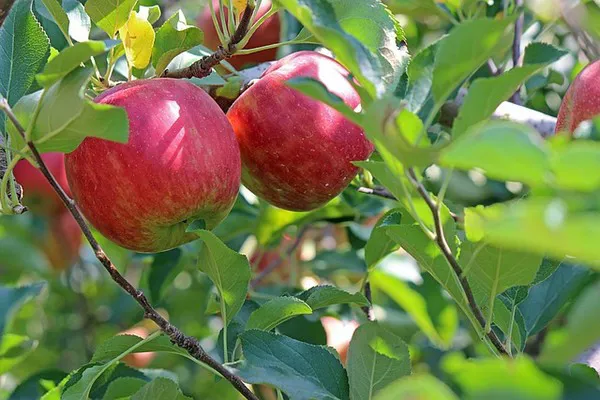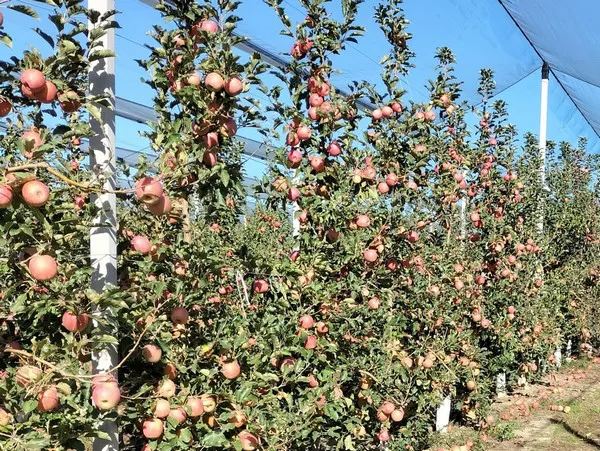Catalonia, with the province of Lleida at the head, is undoubtedly the largest apple-producing region in Spain. It accounted for 43.5% of the apples harvested nationwide in 2022 (a percentage that would rise to 51.8% if apples for cider production were not taken into account in the total), so the closure of the Urgell canal will have a strong impact on the sector, already weakened by the impact in 2022 of storm Ciril in April and by the high summer temperatures. In fact, according to recent figures shared by the Ministry of Agriculture, the table apple production in the 2022/23 season is expected to be reduced by 18.7% compared to the previous season, driven by a 27% drop in Catalonia's production.

It should be recalled that 75,000 hectares of irrigated area rely on the Urgell canals, with 51,500 depending on the Urgell Canal and 23,500 on the Auxiliary Canal. This is no small figure, and in fact, according to Afrucat data, the canal's closure would affect the production of 173,000 tons of apples (58% of Catalan production), 74,000 tons of pears (52% of regional production) and 35,000 tons of peaches and nectarines; with direct losses in the sector totaling 164 million Euro, which would result in the loss of 350 million Euro in turnover and a total sectoral economic impact estimated at 600 million Euro.
In the latest report of the National Drought Observatory, the MITECO warned of the delicate situation of the UTE del Segre, from which the Urgell canal is fed, and which has been in an emergency situation for eleven consecutive months. Therefore, severe irrigation restrictions were expected, as well as the premature closure of the Urgell and Segarra-Garrigues canals. "It has been recommended to cultivate sunflower, sorghum or soybean, as well as winter cereals, instead of corn, as they require less water. Moreover, prohibiting the cultivation of second crops is a possibility that hasn't been discarded," the document said.

"We are in times of emergency and exceptionality due to the drought. What we need to see now is how we are going to manage this scarce resource," said Joan Serentill, manager of Fruilar and president of the Pear and Apple Committee of FEPEX, recalling the need to prioritize its use for perennial fruit crops in the affected areas.
"It is very difficult to tell a producer that they are going to lose their crops because we have to save the water for perennial crops to preserve the life of the trees, but we have to take into account that putting perennial crops at risk will affect not only this year's crop, but that of the coming years."
There is also a crucial economic factor. "A study estimates that the compensation for all cereals that will be lost due to the closure of the Urgell canal will amount to about 60 million Euro, while those for the fruit trees will amount to around 164 million Euro," almost 5.5 times more. "And that is also provided that the trees are not lost, because in that scenario, we would come close to 800 million Euro in losses."
"However, the most concerning aspect is the social transformation that we would see in our agricultural sector if the trees were to die due to lack of water. The producers who are over 50 years old may not dare stepping into another cycle of fruit growing, and young people may not find the motivation to work in agriculture, exposed to the impact of frosts and meteorological incidents in a context of climate change, and without a guaranteed income every year."
For more information:
Fruilar SAT
C/Ingeniero Pau Agustí, 302
25191 Lleida, Spain
Tel.: +34 973 200 250
www.fruilar.com
